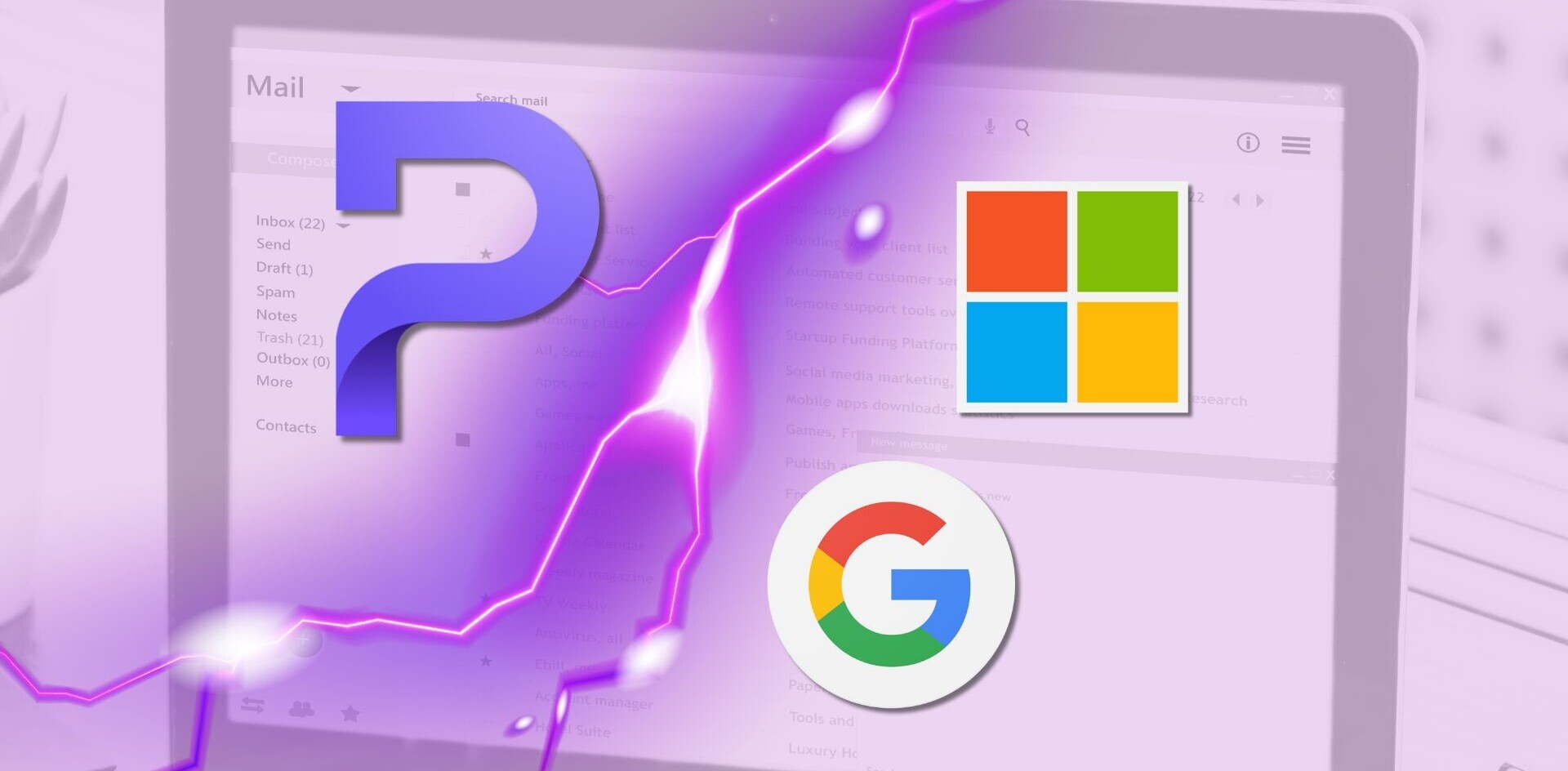
 Google has been accused of “malicious revenge” after the book channel of the Chinese People’s Daily website was blocked from search results.
Google has been accused of “malicious revenge” after the book channel of the Chinese People’s Daily website was blocked from search results.
Global Times reports that for most of last week clicking through to the site from Google resulted in a message saying “This website may have malicious software, which might damage your computer”.
People’s Daily is insisting that their site is malware free. Meanwhile, a story they published on Monday claimed that the block is actually Google’s retaliation for the site reporting on a recent dispute between the search giant and Chinese authors over the Google Books scheme.
Google, meanwhile, claims the problem is just a technical hitch.
As we’ve reported before, Google monitors the sites it indexes for malware, placing a warning page in front of any clickthroughs to a site it thinks is infected. This is to protect users, but could it be used as an offensive weapon to crush criticism of Google?
Well it’s possible, but highly unlikely. Google has its fair share of critics and their pages are accessible though search results. Why would they pick on one site for being critical of one issue? It just doesn’t make sense.
Still, in a censorship-heavy country like China where the government regularly blocks websites it doesn’t trust, it’s understandable that media bosses there may smell a rat at any form of block on content.
While this case is unlikely to be any form of deliberate censorship, it does show just how much power Google wields. With its not-so-out-of-reach goal of organising the world’s information, it’s not too great a leap to see how that could be used to control, rather than empower the public.
Get the TNW newsletter
Get the most important tech news in your inbox each week.





